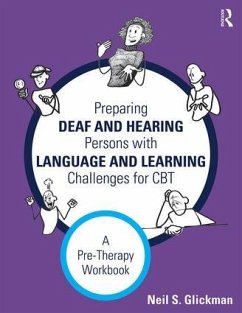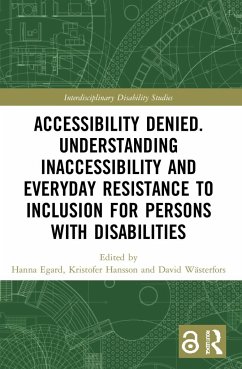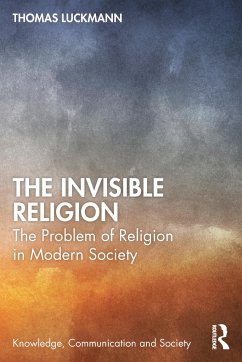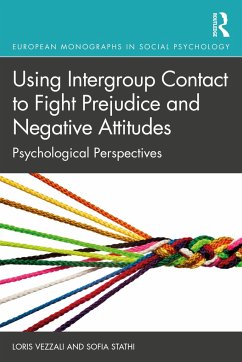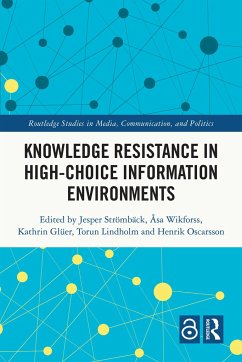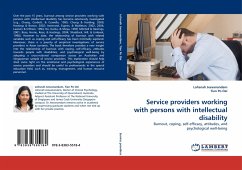
Service providers working with persons with intellectual disability
Burnout, coping, self-efficacy, attitudes, and psychological well-being
Versandkostenfrei!
Versandfertig in 6-10 Tagen
52,99 €
inkl. MwSt.

PAYBACK Punkte
26 °P sammeln!
Over the past 15 years, burnout among service providers working with persons with intellectual disability has become extensively investigated (e.g., Chung, Corbett, & Cumella, 1995; Chung & Harding, 2009; Hastings & Brown, 2002; Innstrand, Espnes, & Mykletun, 2002, 2004; Lawson & O'Brien, 1994; Ito, Kurita, & Shiiya, 1999; Mitchell & Hastings, 2001; Rose, Horne, Rose, & Hastings, 2004; Shaddock, Hill, & Limbeek, 1998). However to date, the relationship of burnout with related variables such as coping and self-efficacy has been minimally explored. Moreover, there is a paucity of empirical inves...
Over the past 15 years, burnout among service providers working with persons with intellectual disability has become extensively investigated (e.g., Chung, Corbett, & Cumella, 1995; Chung & Harding, 2009; Hastings & Brown, 2002; Innstrand, Espnes, & Mykletun, 2002, 2004; Lawson & O'Brien, 1994; Ito, Kurita, & Shiiya, 1999; Mitchell & Hastings, 2001; Rose, Horne, Rose, & Hastings, 2004; Shaddock, Hill, & Limbeek, 1998). However to date, the relationship of burnout with related variables such as coping and self-efficacy has been minimally explored. Moreover, there is a paucity of empirical investigations of service providers in Asian contexts. The book therefore provides a new insight into the relationship of burnout with coping, self-efficacy, attitudes towards people with disabilities, and psychological well-being by adopting a cross-national comparison across an Australian and Singaporean sample of service providers. This exploration should help shed some light on the emotional and psychological experiences of service providers and should be useful to professionals in the special education field, such as, training, management, and human resource personnel.








